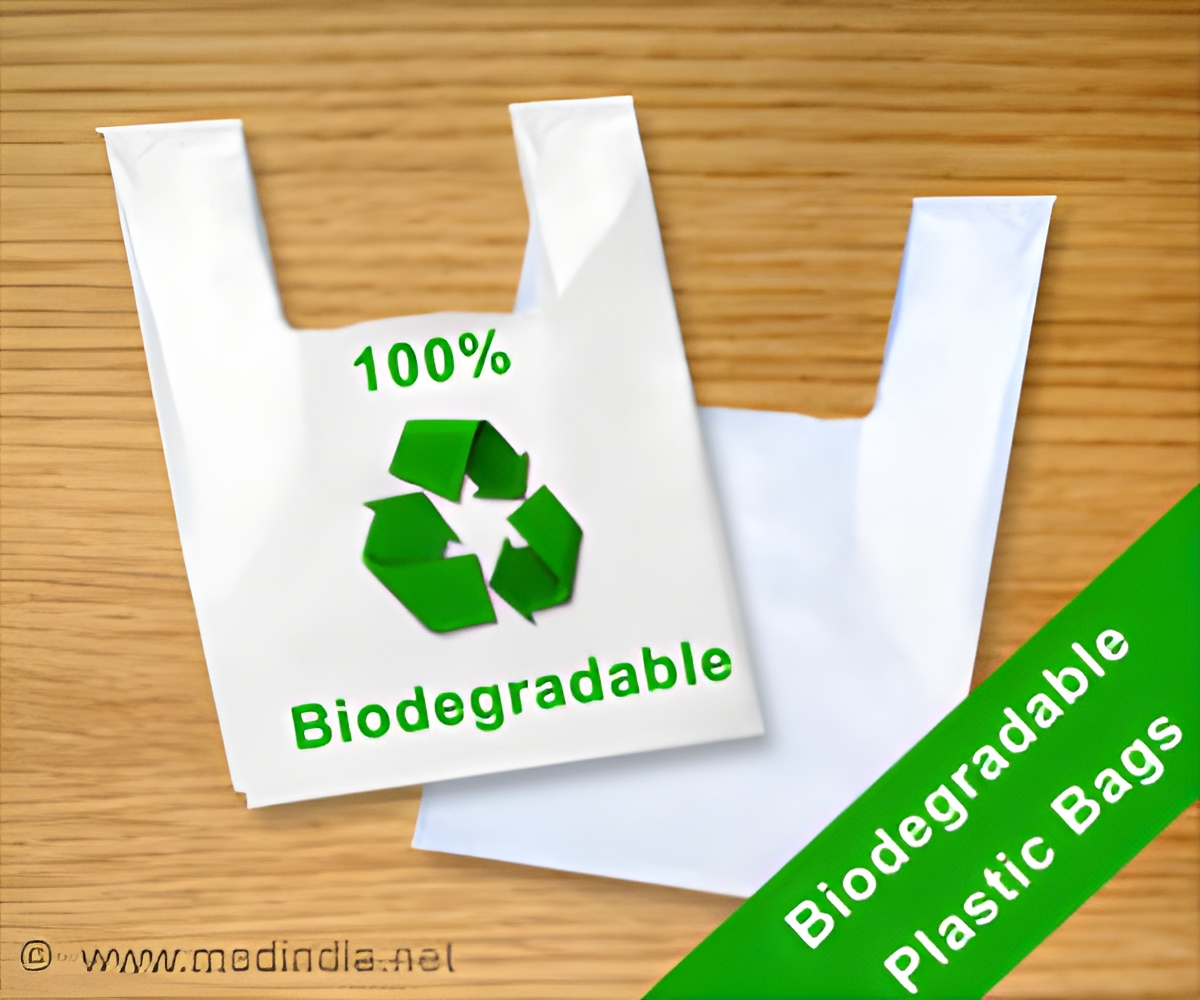The bioplastic known as polylactic acid (PLA), which is not yet a full alternative for petroleum-based plastics, is derived from renewable resources.

The bioplastic PLA, which is not yet a full alternative for petroleum-based plastics due to its cost, is derived from renewable resources, including sugar in maize and sugar cane.
Fermentation turns sugar into lactic acid, which in turn is a building block for polylactic acid.
The production process for PLA is expensive because of the intermediary steps.
Explaining the new method for PLA production, Dusselier noted, "We have applied a petrochemical concept to biomass."
"Of course, PLA will never fully replace petroleum-based plastics. Some objects such as toilet drain pipes are not meant to be biodegradable. And it is not our intention to promote disposable plastic. But products made of PLA can now become cheaper and greener," professor Bert Sels from KU Leuven Centre for Surface Chemistry and Catalysis explained.
Advertisement
Source-IANS










